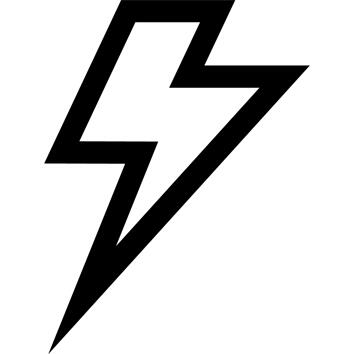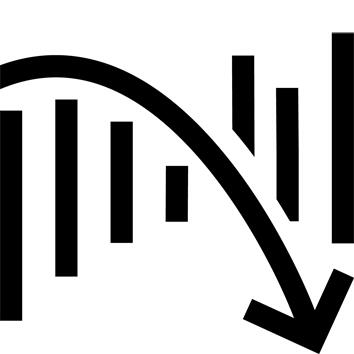Weight
275 grams
Weight: Mass is actually measured in grams. Like balance and length, weight influences the racket's inertia, and therefore its maneuverability, stability and ability to transfer energy to the ball (power). The heavier the racquet, the more energy it can transfer to the ball, but the less maneuverability it is likely to have. Conversely, the lighter it is, the more maneuverable it is, but the less energy it transfers to the ball.
Balance (unstrung racket)
33 cm
Balance: This is the racquet's balance point, measured in centimetres from the bottom of the racquet (handle). The higher the value (head balance), the more powerful and stable the snowshoe is at impact, but the less maneuverable it is. Conversely, the smaller this value (handle balance), the more maneuverable the snowshoe, but the less powerful and stable it is at impact.
Sieve size
680 cm²
Headsize: This is the surface area in cm² of the racket's head. It has an impact on the racquet's feeling of forgiveness and power. The larger the headsize, the more powerful and forgiving the racket, but the less control it feels. Conversely, the smaller the headsize, the more control but the less power and forgiveness.
Stringing plan
16 x 19
String pattern: the number of uprights (vertical strings) x the number of crosspieces (horizontal strings). The more strings a string pattern has, the more "closed" it is, and the fewer strings it has, the more "open" it is. The more closed the string pattern, the more control it provides, but less power or spin. Conversely, the more open the string pattern, the more power and spin it provides, but less control.
Length
68.5 cm
Length: This is the length of the racket from the bottom of the handle to the top of the headgrille, measured in centimetres. The longer the snowshoe, the more powerful it feels, but the less maneuverable it is. Conversely, the shorter it is, the more maneuverable it is, but the less power it provides.
Section
Section (in mm): 22/22/25


